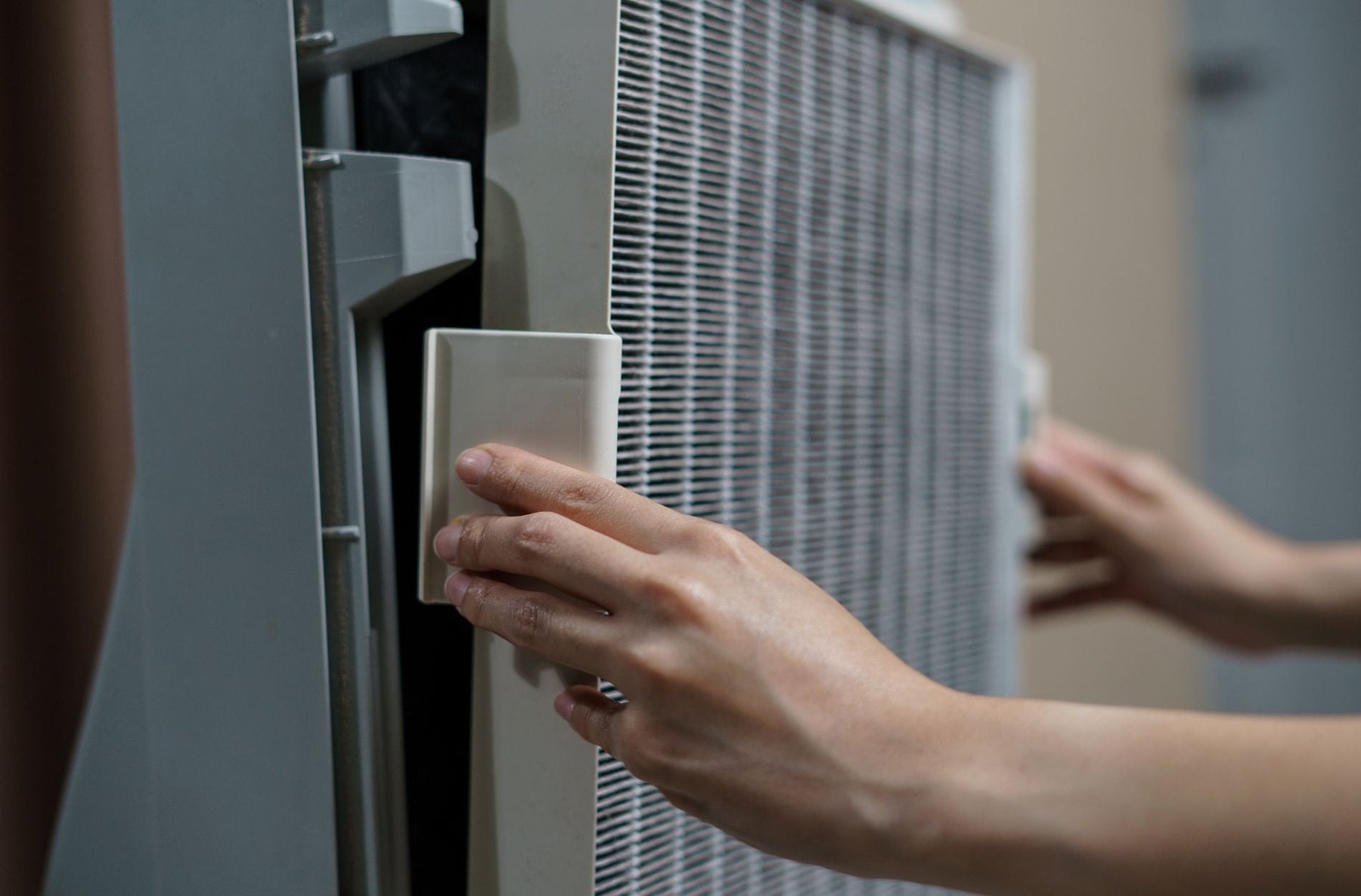
What to Do When Panel Air Filters Fail
Panel-type air filters play a big part in keeping industrial systems running smoothly. They are designed to catch dust, dirt, and other airborne particles before they enter sensitive parts of your system. When they are working right, everything downstream—whether it's machines, tools, or ventilation—stays cleaner and more efficient. But when these filters start to fail, things can go downhill fast.
A failed filter can choke airflow, let in debris, or stress equipment to the point of breaking down. In the middle of summer, when systems are often working longer hours, filter problems can get even worse. Noticing issues early and knowing what to do next can help you avoid sudden breakdowns, save repair time, and stop more serious problems from sneaking up later.
Identifying Filter Failure Signs
Before a panel air filter completely gives out, it usually shows signs that something is wrong. Catching those signs early is the best way to stay ahead of bigger problems. If you are walking by a noisy machine that suddenly sounds louder than usual, that might be the filter talking. A change in performance or even a strange smell could be another clue. Filters are not the kind of parts that fail silently.
Look for these common warning signs:
- Visible dirt spilling over the edges of the panel filter
- Sagging, torn, or warped filter media
- Reduced pressure or inconsistent airflow through your system
- Strange odors or damp smells near ventilation points
- A noticeable rise in operating temperatures or louder-than-normal equipment noise
These signs do not always show up all at once. Sometimes it starts with just one clue—maybe your equipment gets hotter quicker, or your air circulation drops a little each day. One example would be an HVAC unit that used to cool a warehouse well, but on hotter July days now seems to fall behind even when running full speed. A clogged or failing panel filter might be blocking airflow while still looking okay from the outside. That is why regular checks matter.
Knowing what to look for gives you a head start. Once a failure is underway, that small issue can snowball quickly. Reduced airflow can make motors run harder, boosting energy costs and stressing the whole system. It is easier to replace one bad filter than fix a chain reaction of overheating, breakdowns, or shutdowns.
Immediate Actions to Take
When you are sure a panel air filter has failed—or it is showing signs of failure—the next step is to act quickly, but carefully. The goal is to stop further damage while keeping everyone safe and minimizing disruptions to the system. That means shutting down the system if needed and getting hands on the issue right away.
Here’s a simple breakdown of what to do:
1. Power down or isolate the affected equipment to prevent overheating or contamination.
2. Allow systems to cool, then safely remove the panel filter using gloves if it is visibly dirty or damaged.
3. Inspect the filter for rips, clogging, moisture buildup, or collapsed sections.
4. Check nearby ducts or components for any signs that debris or dust might have slipped past the damaged filter.
5. Replace the filter with one that fits the proper dimensions and specs for the system.
6. Restart equipment slowly and monitor airflow, temperature, and pressure for any additional issues.
Keep in mind that filters do not usually fail out of nowhere. Often, the failure ties back to overdue maintenance, wrong-sized replacements, or filters that were pushed past their service life. Taking short-term steps is important, but they also open the door to better long-term fixes.
Long-Term Solutions and Preventive Measures
To avoid the headache of a failing panel air filter next time, it is worth considering some long-term strategies. Switching to more reliable and sturdy filters is one solution that can make a real difference. There are many high-quality options specifically designed to last longer and handle heavier loads of contaminants. When choosing replacements, it is important to match the filter’s specifications to the needs of your industrial system.
Another approach that proves effective is establishing a regular maintenance schedule. A set routine of inspections and replacements will help catch potential problems before they turn into costly repairs. You do not want to wait until a filter fails to address its maintenance. By consistently checking your filters, you can stay on top of potential issues.
Here are some preventive steps to guide your routine:
- Set specific dates for monthly or quarterly inspection of filters depending on your system’s demands
- Keep a log of filter changes and any irregularities noticed during inspections
- Train maintenance personnel to spot warning signs early and perform basic inspections
- Use reliable, well-documented products with a track record for durability and efficiency
These steps go beyond preventing immediate problems. They also help extend the life of your equipment. By consistently maintaining filters, your systems can work better for longer, keeping you ahead of shutdowns and repairs.
Benefits of Regular Filter Maintenance
Taking care of your panel air filters does more than solve problems—it brings long-term gains. For one, routine maintenance keeps your system working at its full potential. Clean filters allow for proper airflow, which helps reduce wear and tear across all components.
There is also the benefit of lowering repair costs. If your systems are maintained regularly, they are less likely to face the kind of failures that need rushed part replacements or equipment repairs. Each time you catch and fix a small issue, you avoid a bigger one.
Efficient filters can also lead to less energy use. That adds up to lower electricity bills and less strain on your machines overall. With smoother airflow, motors run without fighting against pressure blocks, which helps everything stay in good condition longer.
Choosing to stay on top of maintenance helps you get the most out of your filters and the machines they protect. It is a smart, steady way to keep everything running as it should.
Keeping Your Systems in Top Shape
The key takeaway is to stay ahead of panel air filter failures by creating habits that prevent them. Watching closely for trouble signs, taking action quickly, and having a long-term equipment plan are simple ways to avoid bigger problems.
Systems work harder when filters fail, especially during the hot months when demand is already high. But when you check filters often, replace them on time, and use the right products for your equipment, everything runs smoother.
Being prepared keeps your operations moving without unexpected hiccups. A small thing like a filter can make a big difference in your system's overall health. Regular upkeep may feel like a chore, but it helps avoid bigger problems and secures the performance of your machines through every season.
For ongoing success and peace of mind in maintaining your industrial systems, it’s important to stay on top of filter replacements. Browse our reliable and efficient panel-type air filter options at Compressor Filter Hub to help keep your equipment running smoothly and extend its service life.
